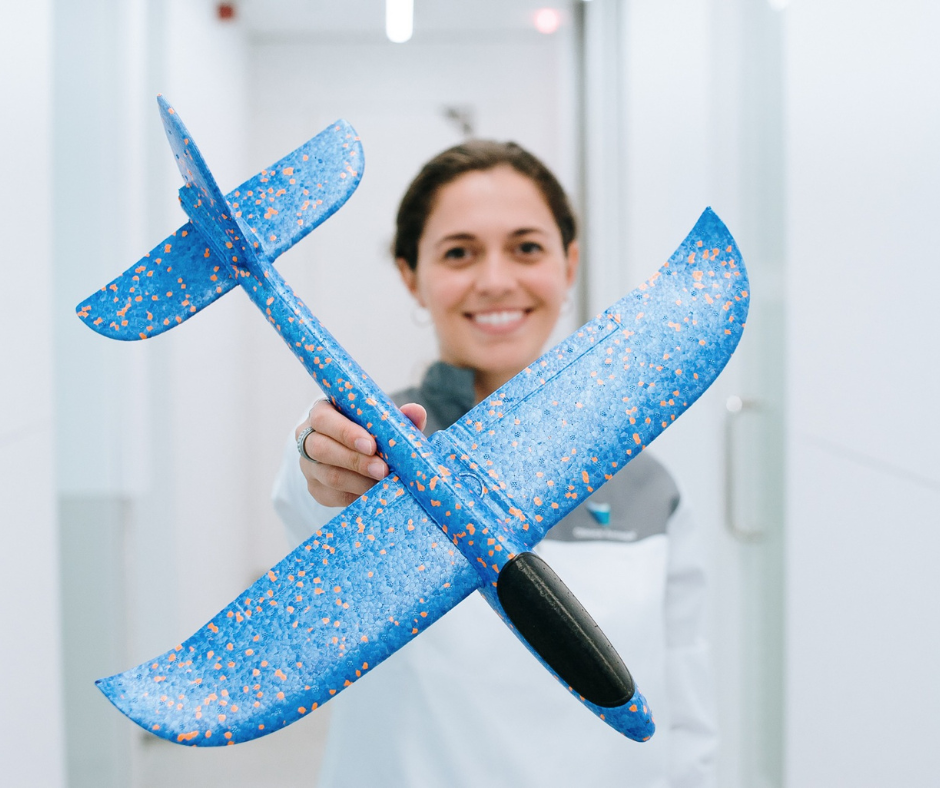Barodontalgia a word yet to be discovered
When we travel by plane or are diving, can we experience toothaches? It might seem like a far-fetched question with no logical association, yet it can happen occasionally in both situations. As you may know, when flying or diving to depths, the human body is subjected to abnormal changes in atmospheric pressure, which can be the causal factor for a toothache. This tooth pain condition is referred in Dentistry as Barodontalgia (Baro = pressure; odonto = tooth; algia = pain).
But why does this situation occur? For one simple reason – pressure. You’ve probably experienced the sensation of blocked or plugged ears, for example, when ascending a mountain or, conversely, when swimming at greater depths. This sensation is due to an altitude change that leads to pressure changes in the ears, similar to what happens with the teeth. Imagine the tooth as a small box containing “air” hypothetically; with external pressure changes, the volume/space of this “air” decreases or increases, causing these variations that result in pain.
Assuming you now understand why this pain occurs, it’s important to explain that this pain only arises when there’s an existing problem. Therefore, once the pressure conditions are restored, the pain disappears.
So, when we talk about Barodontalgia, they can be classified into two types: direct and indirect.
Direct Barodontalgias:
The pain occurs due to a pre-existing problem in the tooth, such as:
- Very deep and extensive cavities
- Nerve inflammation (pulpitis) or nerve necrosis
- Infections at the root of the tooth
- Recently treated root canal (endodontic treatment)
- Unsatisfactory or infiltrated restorations are some reasons that can lead to the onset of barodontalgia.
Indirect Barodontalgias:
Indirect barodontalgias are much less common and develop due to the pressure effect on the paranasal sinuses, clinically known as Barosinusitis – for example, sinusitis being a risk factor.
In summary, barodontalgia is a condition that can occur due to an existing problem in the teeth. Therefore, after experiencing this type of pain in these specific situations, it’s important to consult your dentist. They will be able to diagnose and provide the best treatment to prevent it from happening again.




